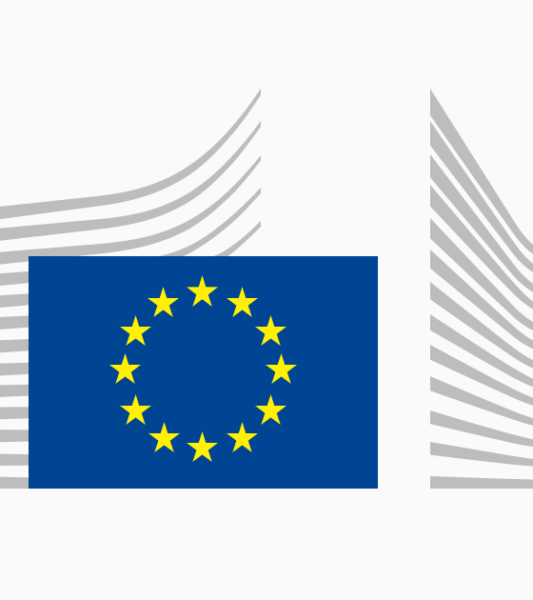Resources
European Anti-Fraud Office (OLAF)
Combatting money laundering requires a collaborative approach. Dive into the important work of the European Anti-Fraud Office...

Shell Bank in AML World
Shell banks present significant risks in the realm of anti-money laundering (AML), requiring focused attention from AML...

Money Laundering Risk Indicator (MLRI)
Discover how the Money Laundering Risk Indicator (MLRI) enhances risk assessment, resource allocation, compliance, and detection of...

Intra-group Transfers in AML
Managing intra-group transfers in AML requires a comprehensive approach. Delve into the complexities of risk assessment, enhanced...

FinCEN Files in AML
Delve into the captivating world of money laundering as the FinCEN Files expose the intricate web of...

Risk Appetite Statement
In the complex world of Anti-Money Laundering (AML), managing risks is not a choice but a necessity....

International Money Laundering Information Network (IMoLIN)
In our fast-paced, globalized world, money laundering remains a prevalent issue. Central to combatting this menace is...

Virtual Asset Service Providers (VASPs)
The financial landscape has undergone a remarkable transformation with the advent of cryptocurrencies and the rise of...

Currency Transaction Reports (CTRs)
Uncover the significance of Currency Transaction Reports (CTRs) for AML professionals. Dive into the purpose, reporting thresholds,...

Compliance Risk Matrix: AML Professional Guide
In the dynamic world of Anti-Money Laundering (AML) regulations, staying ahead of compliance risks is crucial for...
